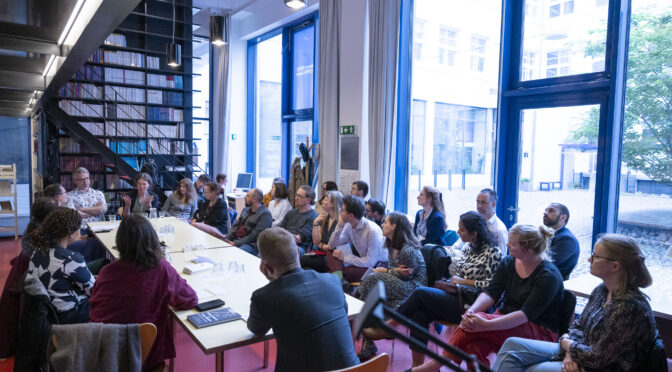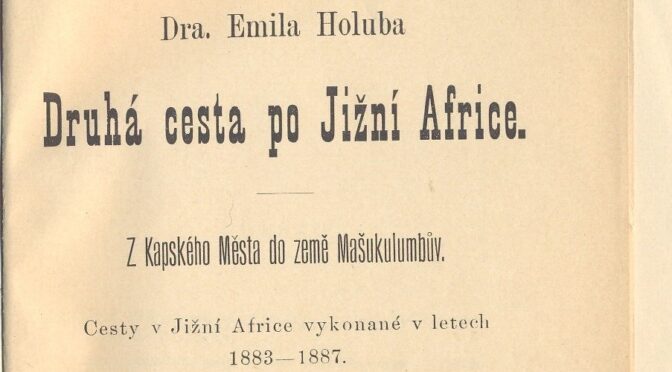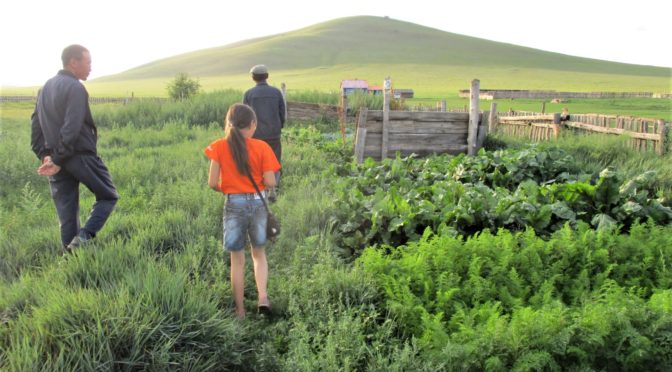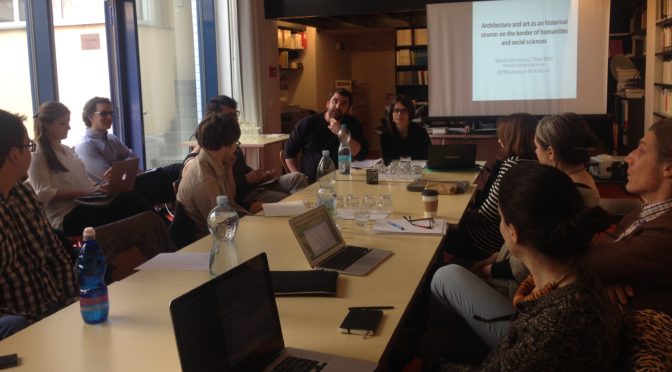Centre d’histoire et de théorie de la sociologie et le CEFRES vous invitent à la conférence-débat
Transformation, dégradation, perte des objets scientifiques
La conférence principale « De la disparition des objet de science » sera prononcée par le Professeur Olivier Clain (Université Laval à Québec).
Depuis près d’un demi-siècle, l’histoire des sciences s’est affranchie du schème d’un progrès linéaire qui mènerait les hommes de science de découverte en découverte. Ainsi, au moment de leur introduction dans le discours scientifique, les concepts de paradigme et de révolution scientifique, tout comme celui d’épistémè, par exemple, ont témoigné de la nouvelle attention portée aux ruptures qui affectent l’histoire des savoirs. Or, à l’encontre des « inventions », des « constructions » ou des « généalogies » qui figurent aujourd’hui encore au cœur de la plupart des travaux, et donc contre la préférence ainsi manifestée pour le versant « constructif » de l’histoire, nous souhaitons attirer l’attention sur un phénomène moins abordé, pour ne pas dire négligé, celui des « disparitions ».
Disparition n’est pas absence. Autrement dit on peut poser un certain nombre de questions relatives à la disparition des objets de savoir qui se manifestent dans l’histoire des disciplines : comment le savoir abandonne-t-il ses objets et que devient « le site » qui leur donnait consistance, à savoir les solutions aux problèmes et les questions dont ils étaient les témoins? Quelles traces les objets scientifiques eux-mêmes laissent-ils et quels retours opèrent-ils éventuellement? Existe-t-il une logique de la disparition qui renvoie à la structure du réel lui-même? Ces questions revêtent peut-être une importance particulière pour des disciplines dans lesquelles les grandes ruptures et les révolutions scientifiques sont difficiles à repérer, comme c’est le cas pour les sciences sociales.
Langue : français.
Lieu : CEFRES, Štěpánská 35, 5e étage.
Pour tout renseignement, contacter Jan Maršálek: jan.marsalek@fsv.cuni.cz






